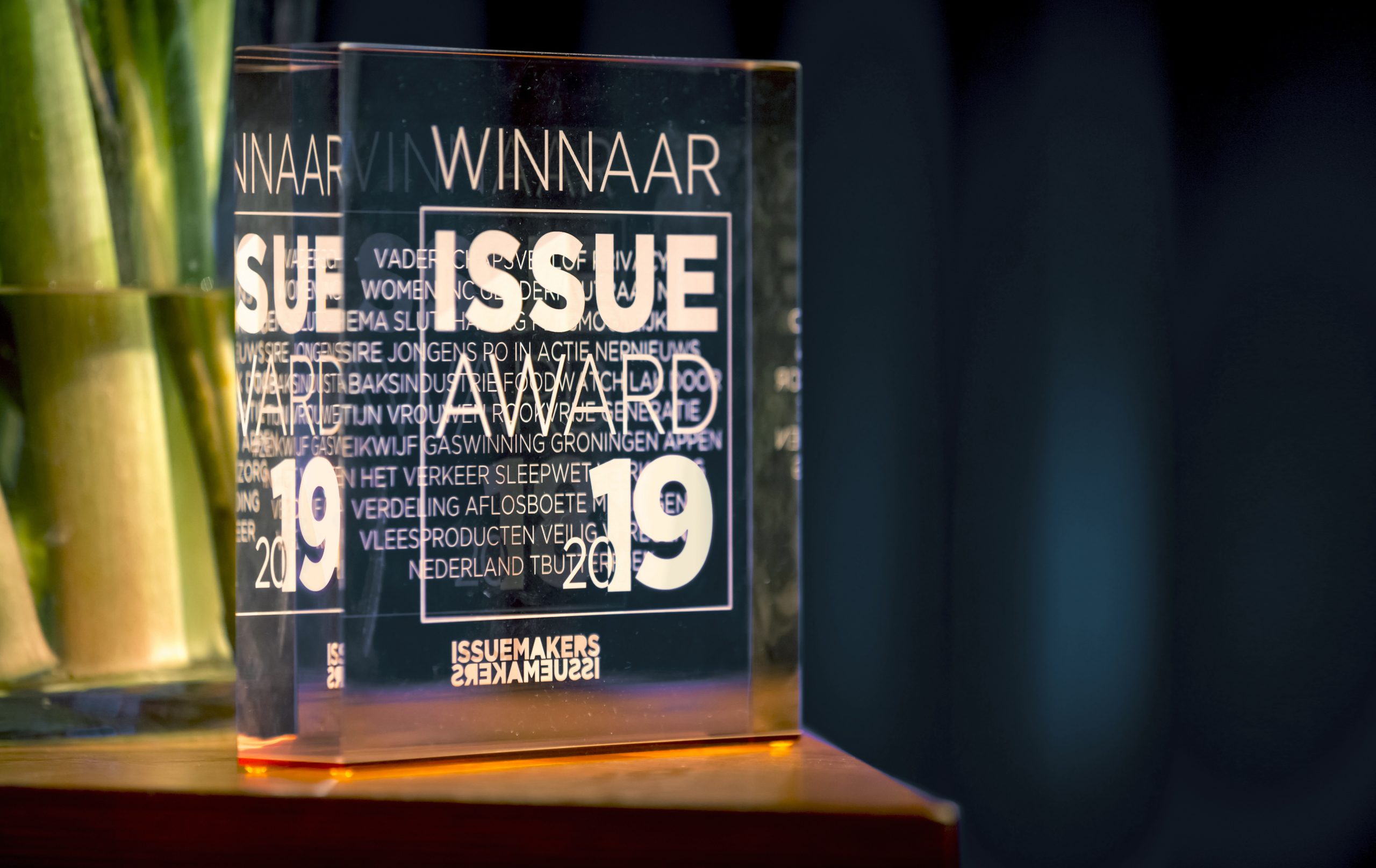Yesterday I rode the bus along Amsterdam's Gustav Mahlerlaan, also known as the Zuidas. While daydreaming, my eye fell on one of the many company logos on the impressive business premises. I read 'APG' and thought how amazing the view of the employees on the top floors must be. Thinking carefully, I immediately wondered what a pension provider does at this location. Because to put it bluntly: 'our pension money' must be invested wisely, but does this require a building in the most expensive location in the Netherlands? To put it more broadly: what does the choice of location do for your reputation as an organization?
After research by the AD in 2015, War Child, the organization that helps children in war zones, is one of the few charities to receive positive news. They pay a significantly lower rent per square meter for their office in Amsterdam-Zuidoost than the average rental price in the Netherlands. A conscious strategy, as it shows low cost policy from the organization: 'We have chosen an office building in the most suitable and cheapest possible location, at the most favorable possible rate. That's why we are in a residential area, above a supermarket.' Not every good cause is included in the research and the follow-up reporting with kudos from. A year later, in 2016, the Labor Party chose to leave the chic Herengracht and move with the party office into an office building on the edge of the city. According to then party chairman Hans Spekman a 'much cheaper (..) location', because the party has long been criticized for the high rental costs. A smart and logical move that fits the image of the party – and the party leader himself.
From a reputation perspective, it is wise for an organization to take the costs and appearance of your business location into account. I think that today this no longer only applies to organizations with a social objective, but that the danger of a 'poor image' lurks for every organization. You could say that this is a petty-bourgeois, Calvinist, 'typically Dutch' idea. Moreover, housing costs are not the only factors that play a role in deciding on a location. For example, radiating confidence to investors or establishing yourself in a knowledge center can also play a role in this. Moreover, the perception of an expensive location does not necessarily correspond to the facts and circumstances. For example, there are charities that rent a prime location from philanthropists for a low price and the housing costs of organizations such as APG are a pittance of the total assets that they responsibly invest for us.
However, the reality is that the social value that an organization adds to society is increasingly weighed more heavily by consumers and citizens. And that social issues – which sometimes do not even affect one organization but are sector-wide – are linked more quickly than ever to the reputation of an organization. A beautiful office in a prime location can change in no time from a carrot for (potential) employees to a stick to be hit with by angry citizens (and consumers). The adage 'radiate success to achieve success' has now been given a serious counter-question: 'does the appearance of my location and building match the social role that people (can) expect from my organization?' If you ignore this as an organization, you run the risk of reputational damage.
As for APG: it is of course important that as a large asset manager you retain talent and that also includes an attractive, easily accessible location. Moreover, as can be read the website, the organization will move to a less prominent location at Amsterdam's Sloterdijk station in 2021. Savings of millions of euros on an annual basis are on the horizon. And with the move to a cheaper and sustainable location, APG is killing not one but two birds with one stone.
By: Maarten Spaans, sector manager of Social Organizations and senior communications advisor at De Issuemakers.






